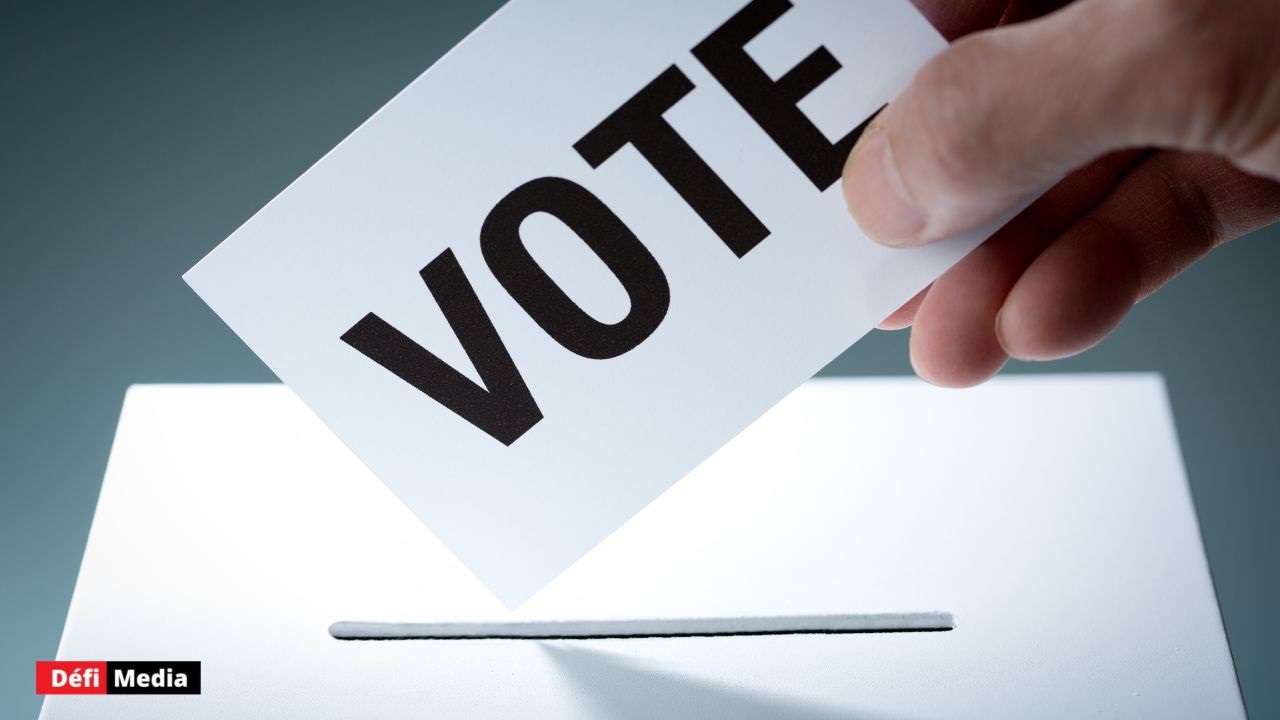
As general elections are nearing, it is pertinent to delve into the issue of disenfranchisement and the deprivation of the right and facilities to exercise one's civic duty as a citizen.
This brings us to the concept of total institutions. The term was coined by sociologist Erving Goffman in 1957. It refers to "a place of work and residence where a great number of similarly situated people, cut off from the wider community for a considerable time, together lead an enclosed, formally administered round of life, as all aspects of life, including sleep, play, and work, are conducted in the same place" (Wikipedia). Normally, home, work and leisure are separate areas of life. People usually do these things with different partners and in different situations. But in total institutions, all are done in the same place.
Examples of total institutions are prisons, hospitals, monasteries, boarding schools, old people's homes, charitable institutions, etc. Regarding prisons, people who are incarcerated within them are usually deprived of certain rights. One of them is the right to vote in elections. Is it justifiable in a rights-based society? People are imprisoned for a number of reasons, sometimes for small misdemeanors. We all know about the case of a person who robbed a "botte de cotomili" and was sent to jail because he could not pay for the bail. Recently, we have seen the incarceration of an octogenarian for a simple case of "outrage a la cour". Imagine that general elections were taking place during her period of imprisonment. She would not have been able to cast her vote and choose her representative in Parliament. Even those who have committed serious offenses need to be able to choose their representatives as they are expected to come out of prisons one day and integrate society.
Based on such reasoning, a slew of European countries, such as Sweden, Switzerland, Ireland, Spain, Czech Republic, Finland, Albania, Bosnia etc. have instated the right to vote for prison inmates and made necessary arrangements to enable them to exercise their civic duty.
This is not limited to European countries only. Some countries of the South have also gone in that direction. One example is South Africa. According to GroundUp, in 2019, 15, 000 prisoners voted, and the Independent Electoral Commission (IEC) hoped to improve the number to 100,000
in 2024. The IEC visits the penal institutions to have the inmates registered to vote in elections as pointed out by Kate Bapete, one of its members: "all correctional facilities have been visited at the end of January for voter registration". One South African prisoner provides the justification for the exercise of his right to vote as follows: "politics affects everyone."
Another country of the South that has a well-structured program for prisoner voting is Pakistan, though it is not necessarily considered as a beacon of democracy. The Electoral Act of 2017 empowers the prison inmates to vote through postal ballot, The Handbook for Returning Officers (2018) lays down the procedures for doing so. According to the Daily News, a prisoner has to send an application to the concerned Returning Officer through prison authorities for a postal ballot together with relevant documents. Then the prisoner has to fill in all the sections of the ballot paper and send it back along with copy of Declaration (Form 38), Envelopes (Forms 39/40) and Instructions (Form 40).
Another set of total institutions where citizens are not in practice provided with facilities to exercise their right to vote, though legally not deprived of this right, are hospitals. Many persons may be hospitalized on account of illness, accidents, chronic disease, or surgery, and in many cases, no mechanism is provided to them to enable them to exercise their right to vote. This is a form of voter suppression and must be corrected to remain true to what a former US President, John Quincy Adams said "every person may cherish the sweetest reflection that your vote is never lost".
As a result, in the USA, the system of Emergency Absentee Ballots is used by those confined to medical facilities. In some states, hospital employees and volunteers help the patients to apply for an emergency ballot by picking it for them and dropping it in the official drop box once the exercise is completed.
According to US News, some states would, for the first time, be putting mobile voting units open to patients and staff members. In Australia, voters confined to hospitals can accomplish their civic duty by completing a postal vote application form and sending it back to the Electoral Commission.
It is worth pointing out that at the Brown Sequard mental hospital, there are presently some 300 decertified former mental patients who continue to live there because they have nowhere to go. Have steps been taken to register them as voters? Have charitable institutions been visited to ensure that the inmates are registered for voting purposes?
Answering all these questions would help to expand democracy, combat exclusion and increase people's participation. For the forthcoming election, it may be too late, but in the future, the issues raised above need to be looked into.
Azize Bankur
 J'aime
J'aime













